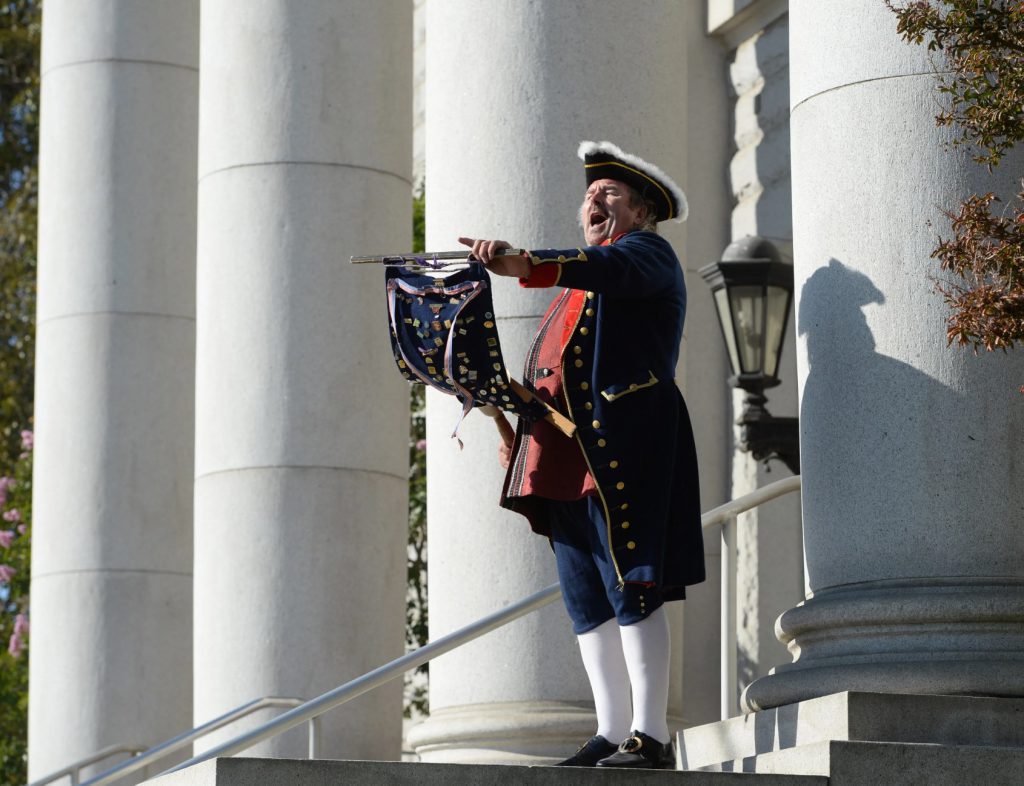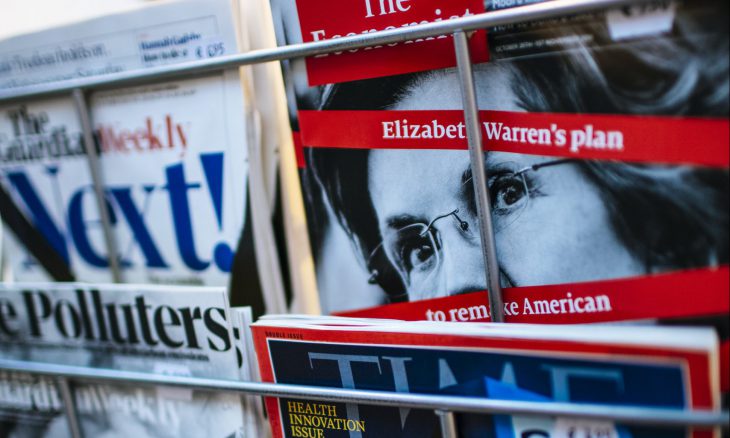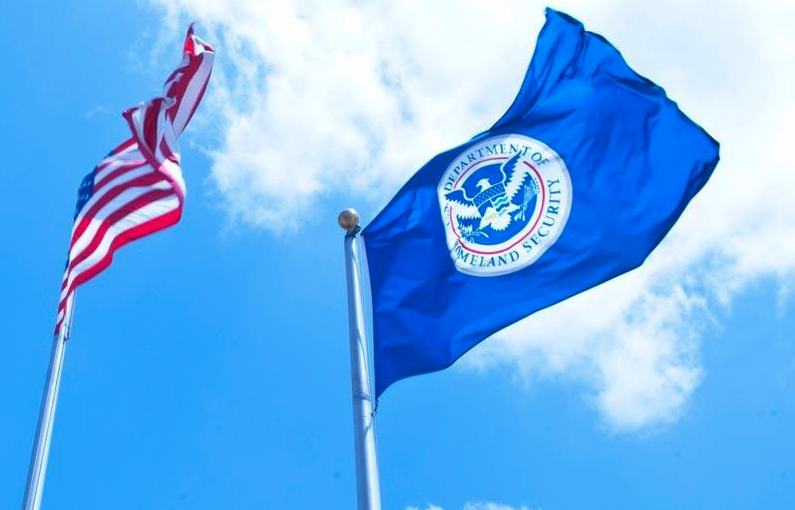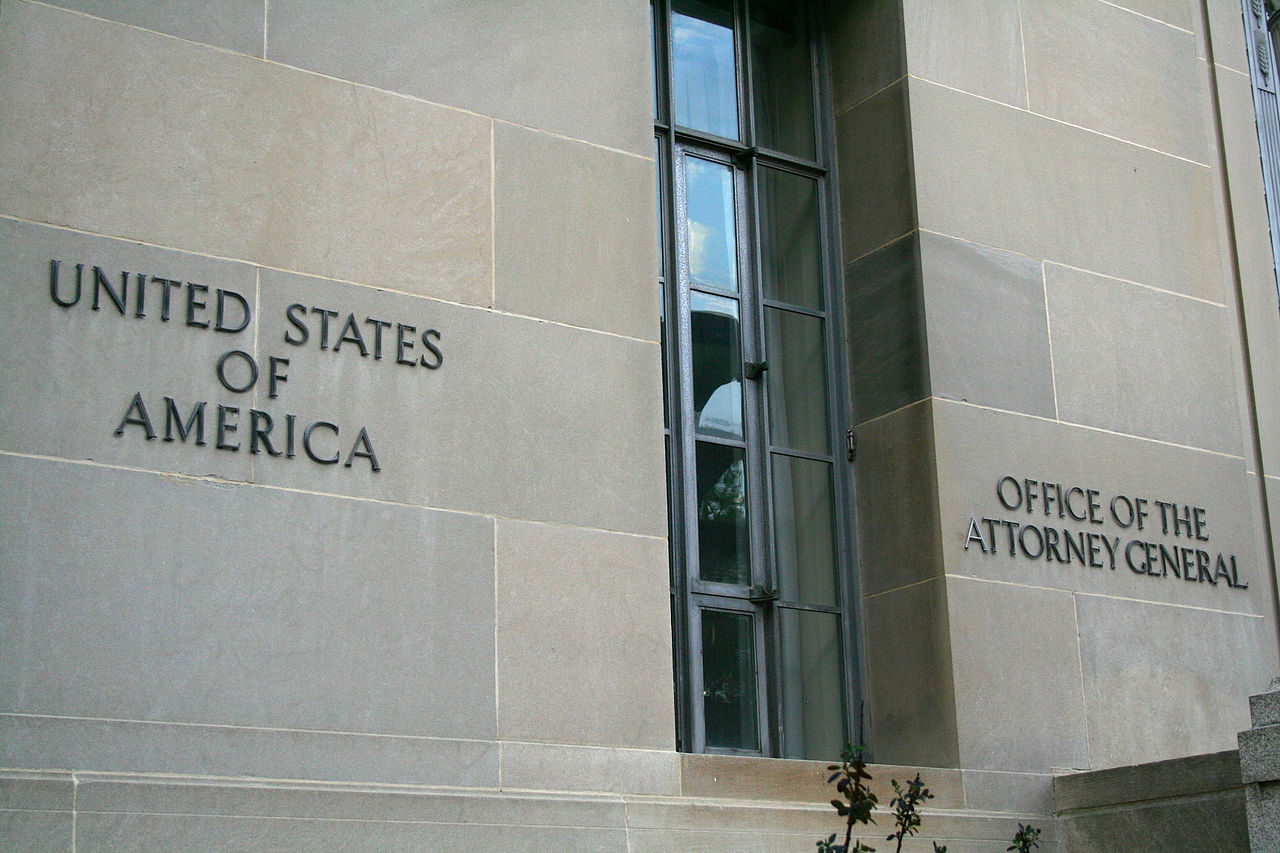This is the third of thirteen issues selected by our members and resulting from a nationwide faith and values study called Vital Signs.
Each week, we will cover a new topic with in-depth insights and biblical perspective in order to encourage, equip, and inspire praying Americans leading up to the 2020 Election.
Do news organizations deserve our trust?
Journalistic bias is nothing new, but the digital age has brought about a new dimension in consumer information. Even back in the age of the early printing press, choices had to be made and selection criteria became an issue. In those days of limited resources, media availability was determined largely by who could afford it. Today anyone with connectivity from the wealthiest corporate conglomerate to a middle eastern tent dweller has access to digital news feed.
America’s founders would probably appreciate that every voice now has a potential outlet. Freedom was their passion and they were intent on the country being defined by it. When the U.S. Constitution was signed in 1787, it did not contain what many believed were essential freedoms. After some debate, James Madison articulated an additional 45 words delineating five basic freedoms that are woven into the fabric of the United States government through the First Amendment: “Congress will make no law respecting an establishment of religion, or prohibiting the free exercise thereof or abridging the freedom of speech, or of the press; or the right of the people peaceably to assemble, and to petition the Government for a redress of grievances.”
The idea that a person may hold any opinion without interference from government is freedom of speech, and freedom of the press means those opinions can be communicated across accessible platforms. America’s founders did not originate those ideals, it was Sweden that first adopted the concepts with the Freedom of the Press Act 1766. But America has taken those freedoms to new limits and ironically, as a result, public distrust of the media is at a high point.
A Free Press Is Not an Unbiased Press

Recent findings from the Associated Press-NORC Center for Public Affairs Research finds nearly half of Americans report having a hard time discerning if information is true, regardless of its political or social leanings. Over half, six in ten, note they see conflicting stories about the same set of facts from different sources. And 35 percent have a somewhat or very negative view of news organizations in general. Trust in the mass media has steadily declined over the past four decades.
Early in the 19th century, public outcry for objective reporting moved newspapers and other publications to seek the reputation of being impartial and unbiased. To improve credibility, the industry sought credentialed professionals to write their stories. In the past, most mainstream papers were organized by section and labeled, assisting the reader to understand what kind of article they were encountering. Things have changed. Today labels are hard to find on digital platforms. Everything from scientific research to celebrity opinion to tongue-in-cheek satire is painted with a broad brush and offered up as “News.” At a glance, it all looks very similar.

Since the reforms of the 19th century, selection for major outlet news distribution has been based on a five-point news worthiness scale: timing, significance, proximity, prominence, and human Interest. The choices were typically made by professional journalists under the obligation of journalistic ethics and public trust. Today, the newest development in the selection process is artificial intelligence. As of June 2020, Microsoft is replacing dozens of contract journalists formally charged with selecting what one might see in a news roundup with automated systems (algorithms) making the choices. And many other news outlets are following suit.
Even when ethical standards of truth and accuracy are employed, modern journalism still easily strays from objectivity.
Bias sneaks in with creative language. The 20th century term “spin doctor” comes from the world of advertising and defines the process of using specific language to make a product more or less attractive by adding qualifiers. Spin has crept out of the advertising world and is used regularly in news media today. For example, when a reporter is conveying a comment made by a public figure, notice the descriptors used to relay the information. How do words like “bragged” or “scoffed” change the tone of a quote rather than using the standard “said” or “stated?” Spin is subtle but not hard to notice if you are listening for it.

Sensationalism is another unfortunate form of bias rampant in media today. It is quickly recognizable by the shock value in the language used. Words like “scathing,” “explosive,” “remarkable,” or “embroiled might be used to describe an event. The point is to evoke a strong reaction. Sensationalism tells a story with the vivid filter on in hopes of a response.
Mudslinging, mind reading, and hiding behind “unnamed sources” are more kinds of bias one will likely encounter in searching the news. This, too, is not new. In the history of the printed page, media has always been essentially biased—it is part of the nature of freedom, people can say and print what they like. The challenge comes for the earnest consumer trying to separate fact from fiction. Unlike the food industry, the news is not required to label ingredients. An effort must be made then to discern the nutritional quality of daily media fare.
What the Bible has to say:
Misinformation has been propagated since the beginning. Think about all the trouble that has come from the twisting of just a couple of words and ideas. In today’s postmodern society, truth is relative, and you must be your own curator when consuming news or analysis. Your spiritual foundation is your best tool in navigating the media.

Truth is mentioned 200 times in the Bible. But you know Truth is more than a word or an abstract concept. As a follower of Christ, the Spirit of Truth is available to you as a guide. “Teach me your way O Lord that I may walk in your truth” (Psalm 86:11). Before you listen to the morning news or scroll the feed, make sure you have prepared your heart and mind in God’s Word. “Stand therefore, having fastened the belt of Truth, and having put on the breastplate of righteousness” (Ephesians 6:14). Does the Bible tell you which newscast to listen to? Not specifically, but if you have invited the Spirit of Truth to guide you, you can trust He will help you not be easily misled by sensationalism and spin.
Not every truth is in the Bible, but everything IN the Bible is true. You can stand on Biblical principles as a trustworthy filter to consider what you read and see. “I shall walk about in a wide place, for I have sought your precepts” (Psalm 119:45).
God is redeeming and restoring this world from sin. And if you have read the book of Revelation in the Bible you know things will get messy before the story is complete. “The wrath of God is being revealed from heaven against all ungodliness and unrighteousness of men, who by their unrighteousness suppress the truth” (Romans 1:18).
Truth and trust go together, God has sent you the Spirit of Truth to guide you and you can trust Him to reveal to you what you need to know in making decisions for your life. “The righteous will never be moved… he is not afraid of bad news; his heart is firm, trusting in the Lord” (Psalm112:6-7).
YOUR RESPONSE
- Pray for America’s news organizations to be teeming with people of integrity, faithfully reporting without bias or agenda.
- Pray for discernment to understand God’s Word and His will in your own life and in the world.
- Ask for America’s next generation of leaders to honor God and seek His will in their work.










